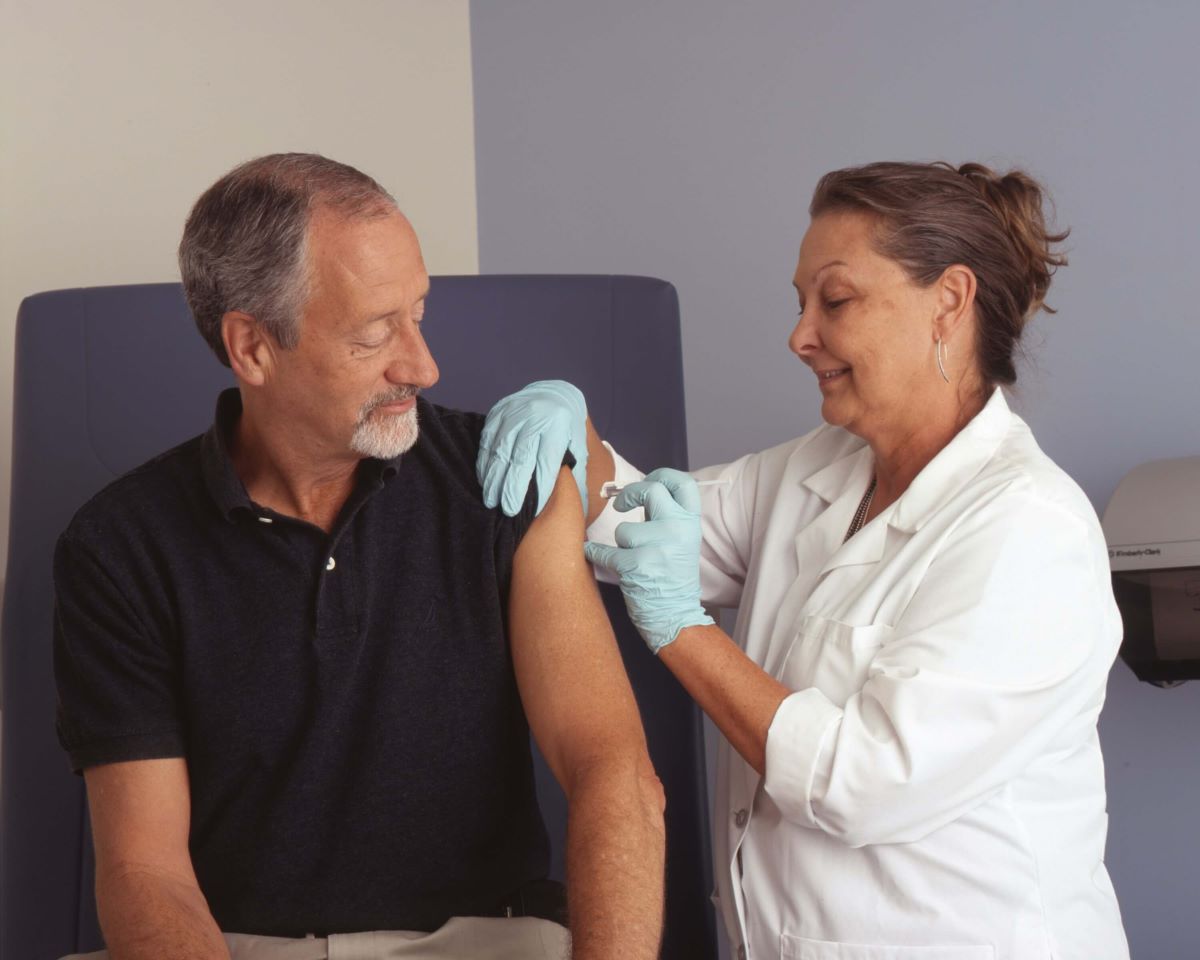In the ever-evolving landscape of healthcare, a crucial role exists that often goes unnoticed but plays a pivotal part in the well-being of patients. Patient Care Technicians (PCTs) are healthcare professionals who provide essential support to nurses and doctors in hospitals, clinics, and long-term care facilities. In this article, we'll delve into what it means to be a Patient Care Technician, the responsibilities they shoulder, the skills required, and the career prospects they can expect.
What is a Patient Care Technician (PCT)?
A Patient Care Technician, often referred to as a PCT, is a vital member of the healthcare team who specializes in assisting patients with various medical needs and personal care. PCTs work under the supervision of registered nurses (RNs) or doctors, providing hands-on care to patients and helping ensure their comfort, safety, and well-being. Their role is particularly significant in settings like hospitals, nursing homes, and long-term care facilities, where the demand for healthcare professionals is consistently high.
Responsibilities of a Patient Care Technician
- Vital Signs Monitoring: One of the primary responsibilities of a PCT is to regularly monitor and record patients' vital signs, including blood pressure, pulse rate, respiratory rate, and temperature. This data helps healthcare providers track the patient's condition and make informed decisions regarding their treatment.
- Assisting with Activities of Daily Living (ADLs): PCTs assist patients with activities such as bathing, dressing, grooming, and feeding, especially those who have difficulty performing these tasks independently due to illness, injury, or age-related issues.
- Mobility Assistance: PCTs help patients with mobility issues by providing support during walking, transferring from bed to wheelchair, and using assistive devices like walkers or crutches.
- Medical Procedures: They are trained to perform certain medical procedures, such as drawing blood, inserting catheters, and changing wound dressings, under the guidance of a nurse or physician.
- Patient Education: PCTs educate patients and their families on self-care techniques, medication administration, and other important healthcare information to promote recovery and overall well-being.
- Maintaining Cleanliness: Ensuring a clean and hygienic environment is crucial in healthcare settings. PCTs are responsible for keeping patient rooms and common areas clean and sanitized.
- Charting and Documentation: Accurate record-keeping is a vital part of healthcare. PCTs maintain detailed records of patient care activities and report any changes in the patient's condition to the nursing staff.
- Emergency Response: In emergencies, PCTs may be called upon to assist in life-saving procedures, such as cardiopulmonary resuscitation (CPR) or providing first aid until a registered nurse or physician arrives.
Skills Required to be a Successful PCT
To excel in the role of a Patient Care Technician, several essential skills are required:
- Empathy and Compassion: PCTs must have a deep sense of empathy and compassion for their patients, as they often deal with individuals who are suffering or in distress.
- Communication Skills: Effective communication is vital in healthcare to ensure that patients understand their conditions, treatment plans, and instructions. PCTs must be able to communicate clearly and empathetically with patients and their families.
- Attention to Detail: Recording accurate information and monitoring vital signs requires a keen eye for detail to avoid errors that could impact patient care.
- Physical Stamina: The job can be physically demanding, involving lifting, bending, and assisting patients with various tasks. PCTs need to be in good physical shape to perform their duties effectively.
- Teamwork: PCTs work closely with nurses, doctors, and other healthcare professionals. Being a team player is crucial for the seamless delivery of patient care.
Technical Skills: They should be proficient in operating medical equipment and technology used in patient care, such as blood pressure monitors, glucose meters, and electronic health records (EHR) systems.
- Cultural Competency: As healthcare providers, PCTs must be culturally sensitive and aware of the diverse backgrounds and beliefs of their patients.
Career Prospects for Patient Care Technicians
The demand for healthcare professionals, including Patient Care Technicians, is on the rise due to the aging population and increased healthcare needs. This trend is expected to continue, making PCTs a vital part of the healthcare workforce. Here are some career prospects for individuals pursuing a career as a PCT:
- Job Stability: PCTs enjoy job stability and a high demand for their services. Hospitals, long-term care facilities, and clinics are always in need of skilled PCTs to provide essential patient care.
- Career Advancement: With experience and additional training, PCTs can advance their careers in healthcare. Some may choose to become licensed practical nurses (LPNs) or registered nurses (RNs) by furthering their education.
- Diverse Work Settings: PCTs can work in various healthcare settings, including hospitals, nursing homes, rehabilitation centers, and home healthcare agencies, allowing for flexibility in their career choices.
- Job Satisfaction: Many PCTs find their work incredibly rewarding, as they have a direct impact on improving patients' lives and helping them recover from illnesses and injuries.
Patient Care Technicians play an indispensable role in the healthcare industry, providing essential support to patients and assisting the medical team in delivering quality care. Their empathy, dedication, and technical skills make them an invaluable part of the healthcare workforce. As the demand for healthcare professionals continues to grow, pursuing a career as a Patient Care Technician can offer job stability, career advancement opportunities, and the chance to make a meaningful difference in the lives of patients.
If you're considering a career as a Patient Care Technician or are interested in pursuing education and training in the healthcare field, consider exploring Best Bootcamps. Best Bootcamps offers immersive and accelerated education programs in a variety of critical fields, including patient care. Their programs are designed to provide students with the skills and knowledge they need to excel in their chosen careers quickly. Check out Best Bootcamps today to kickstart your journey towards a rewarding career in healthcare.

